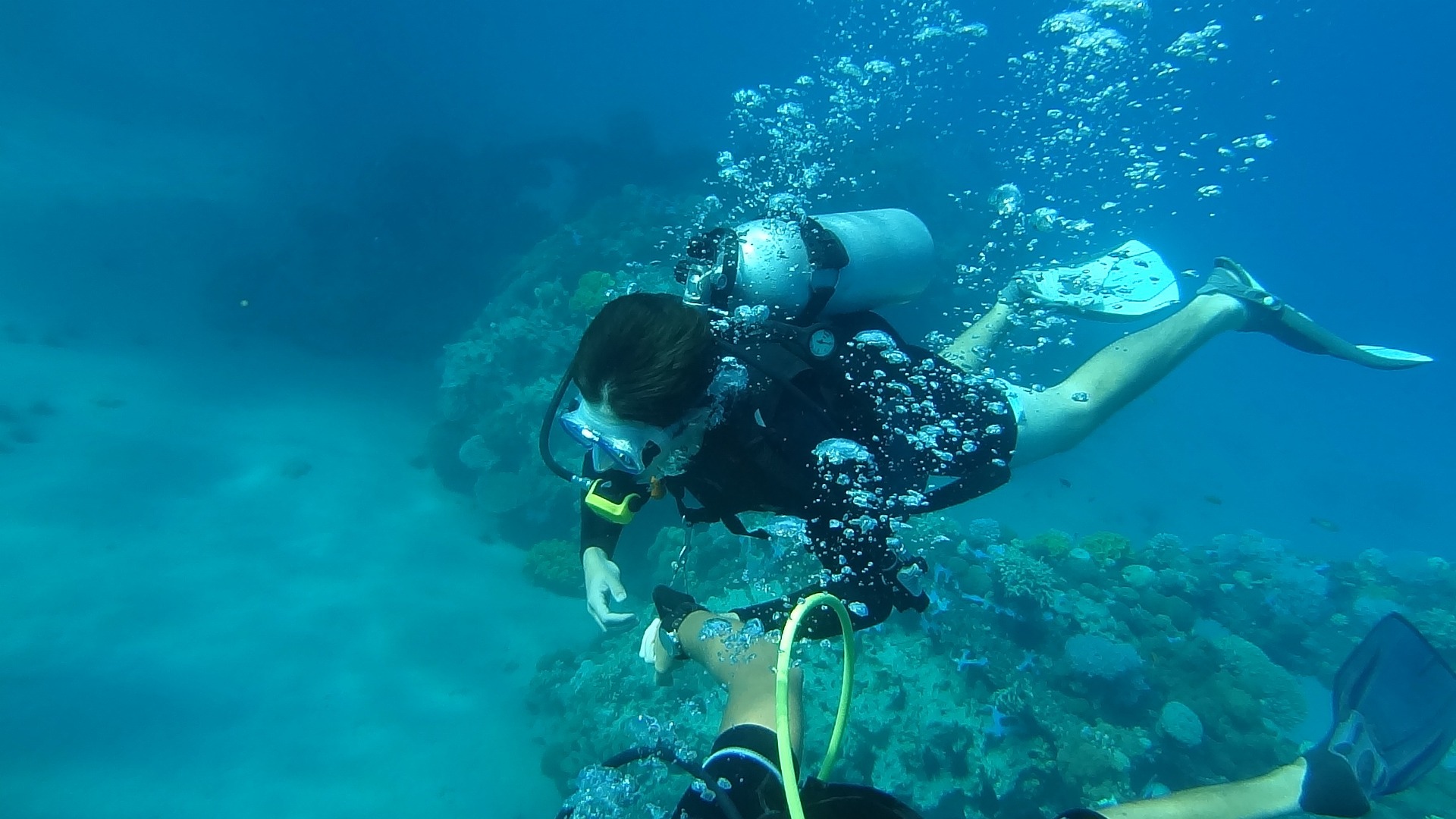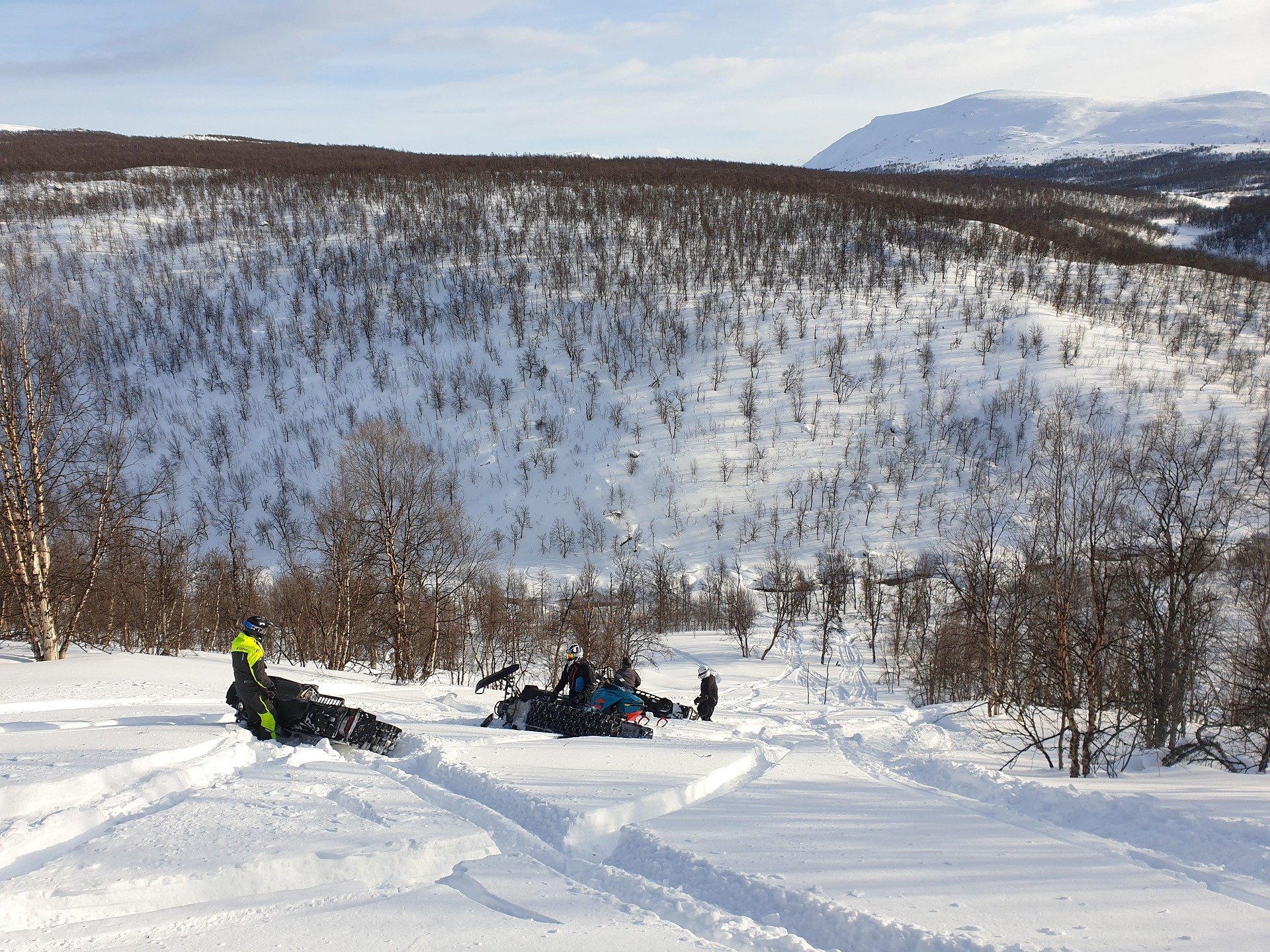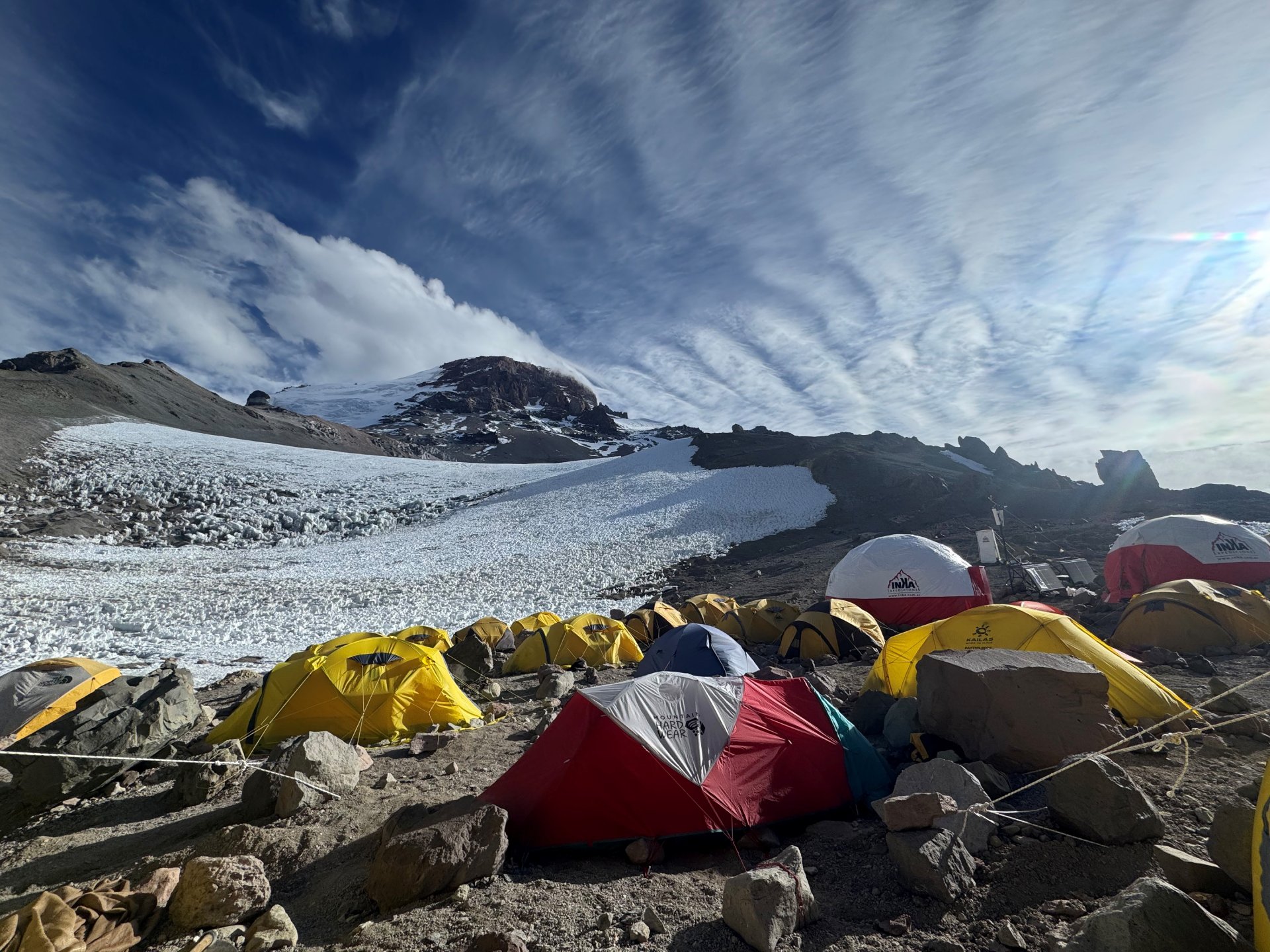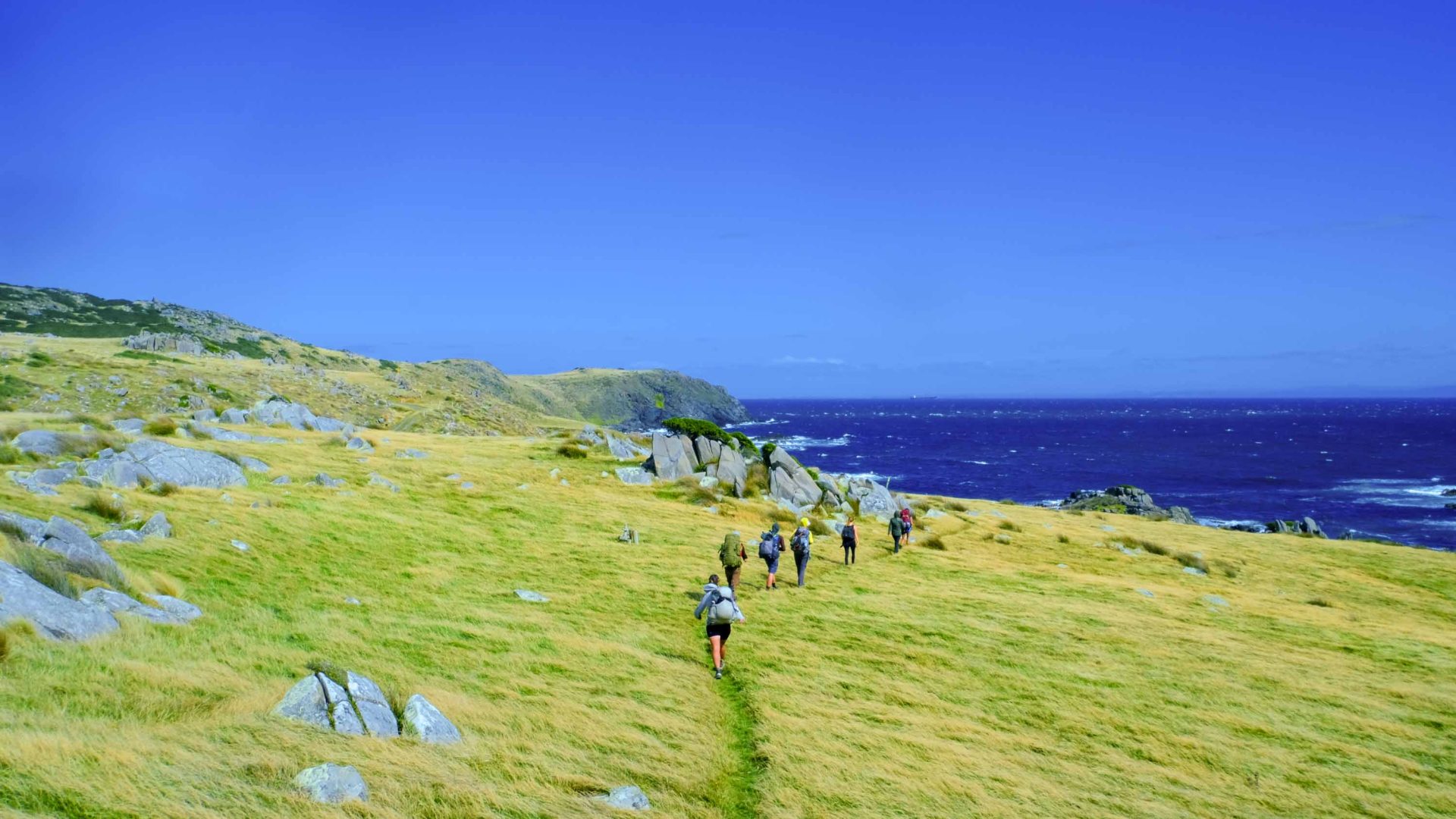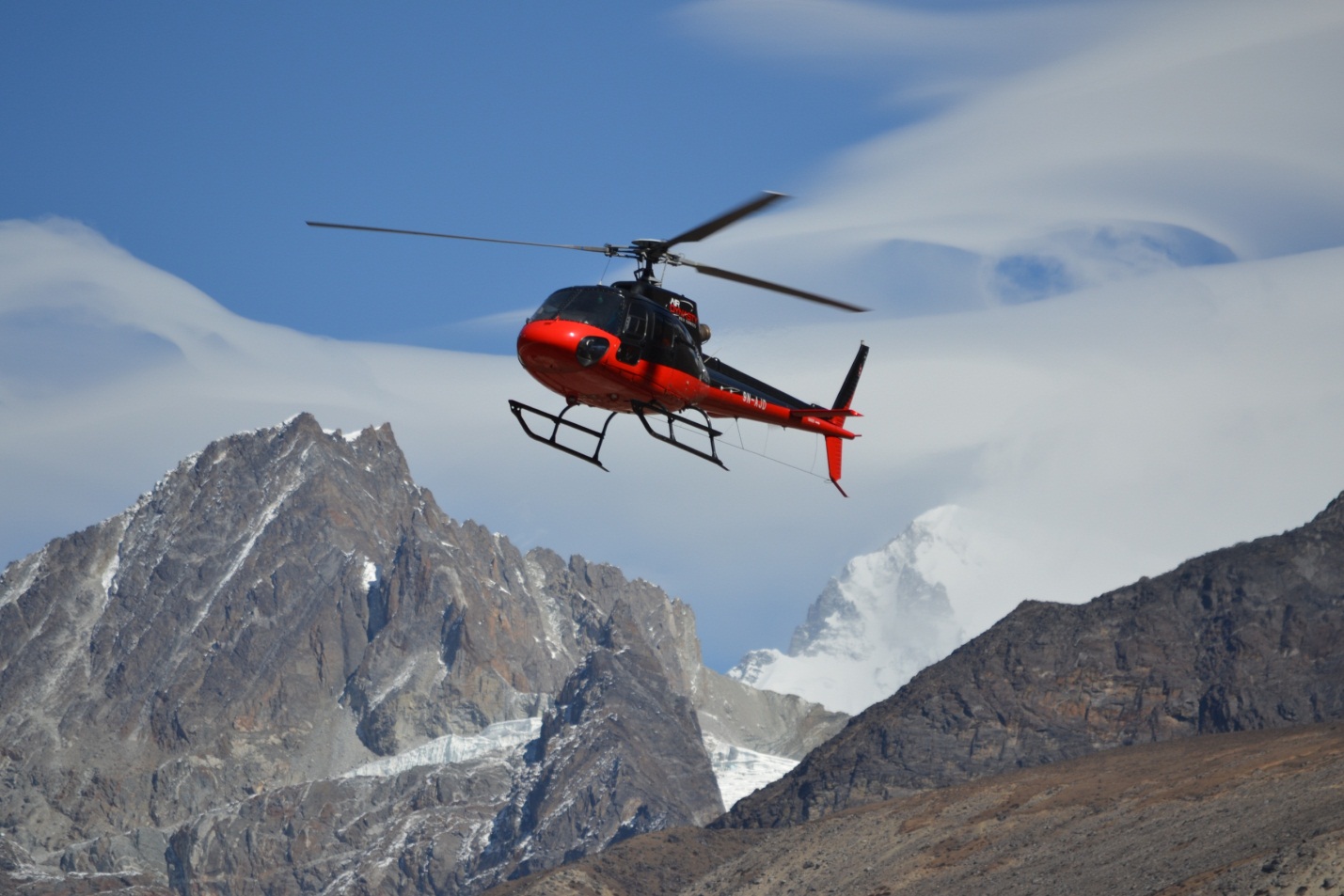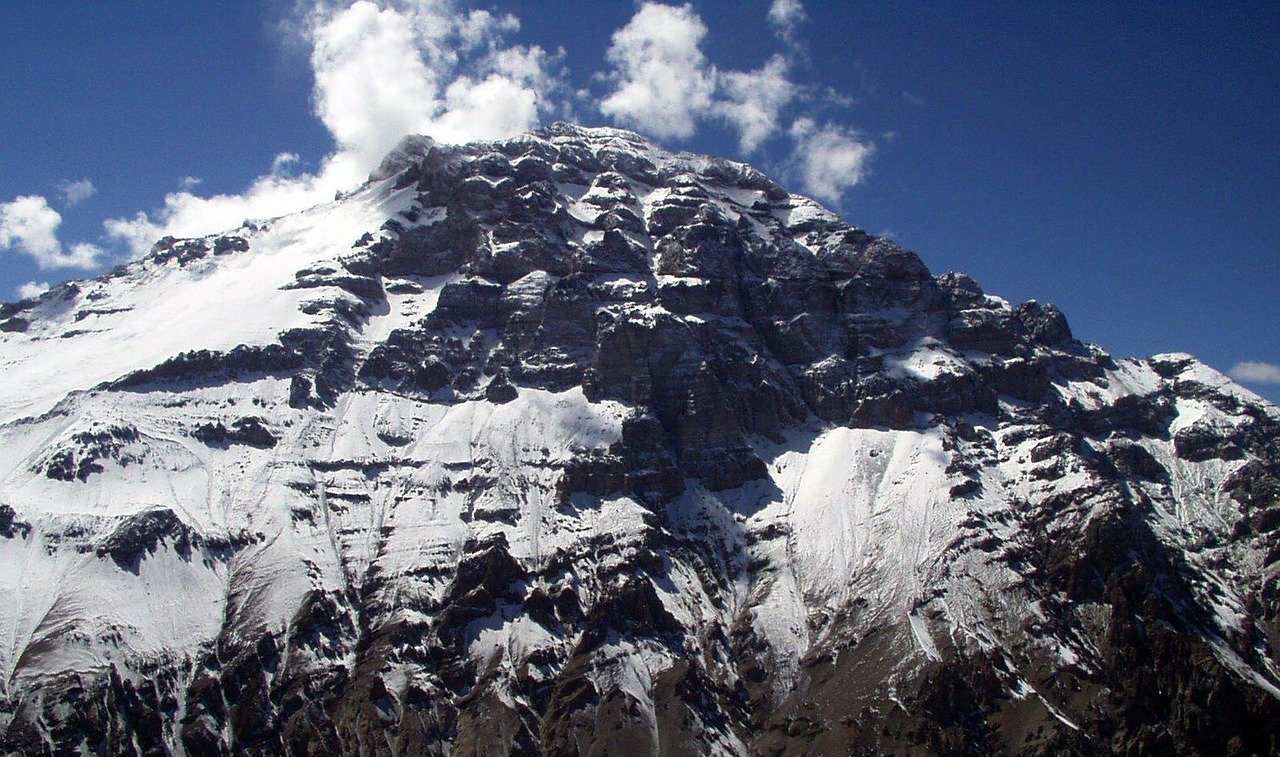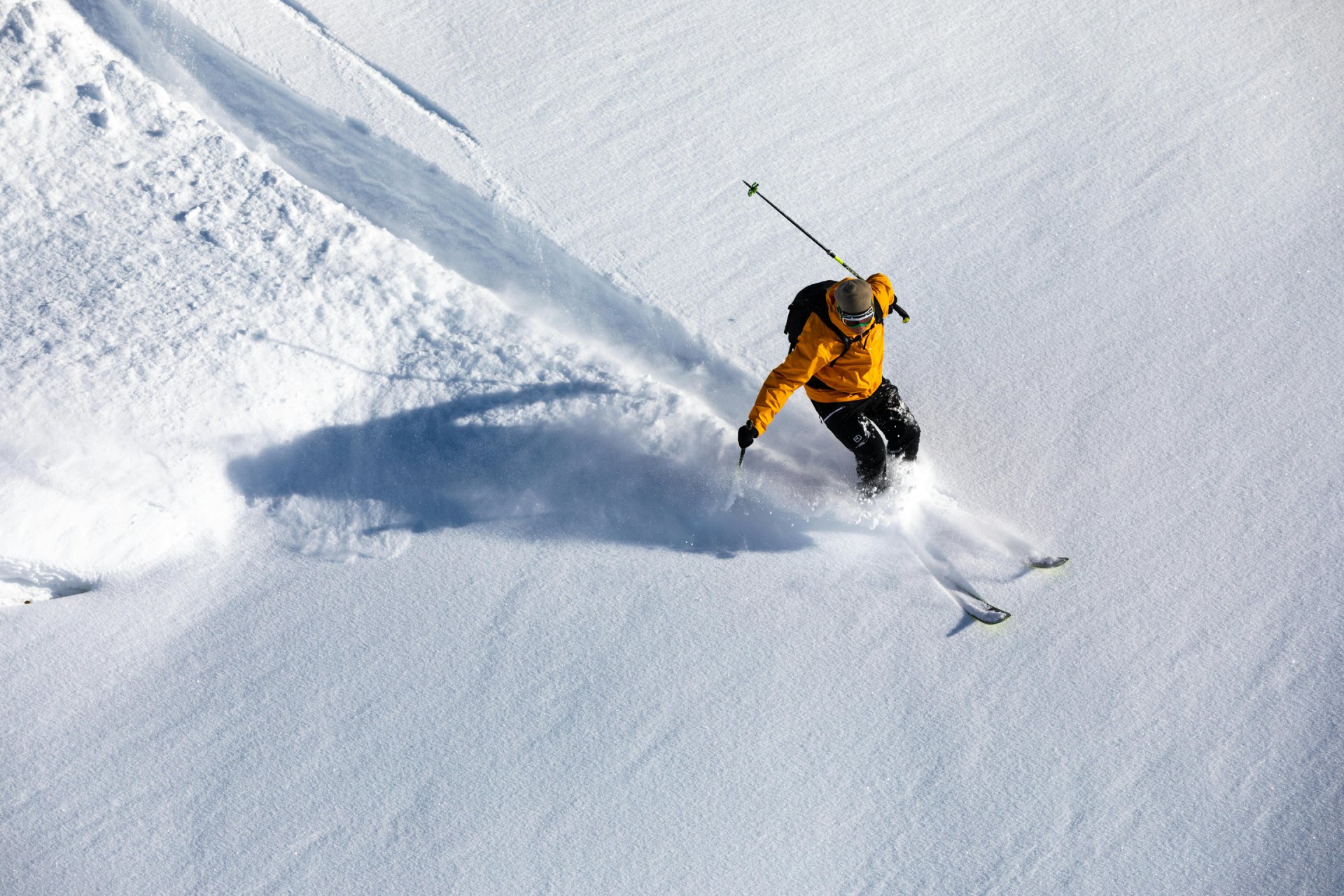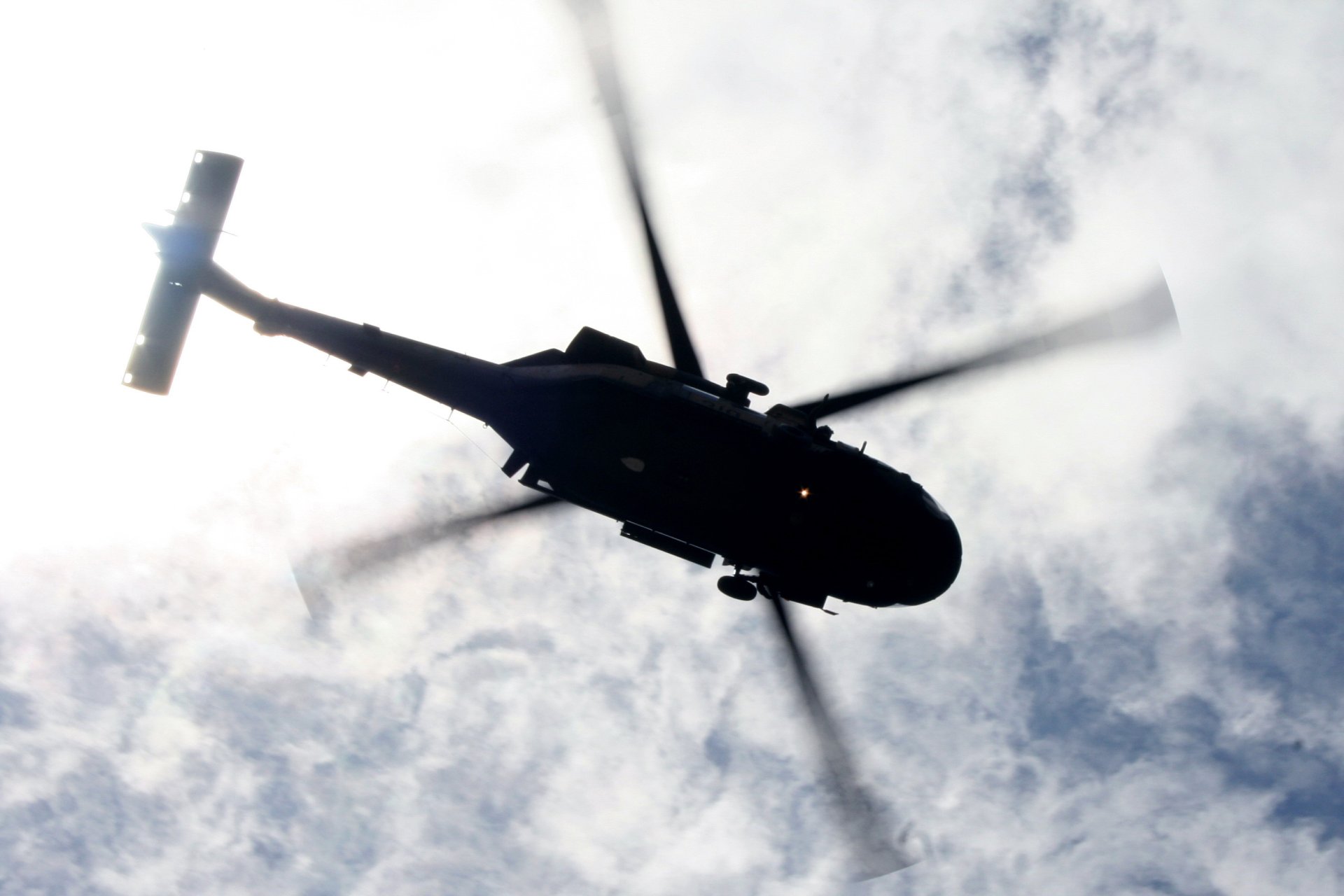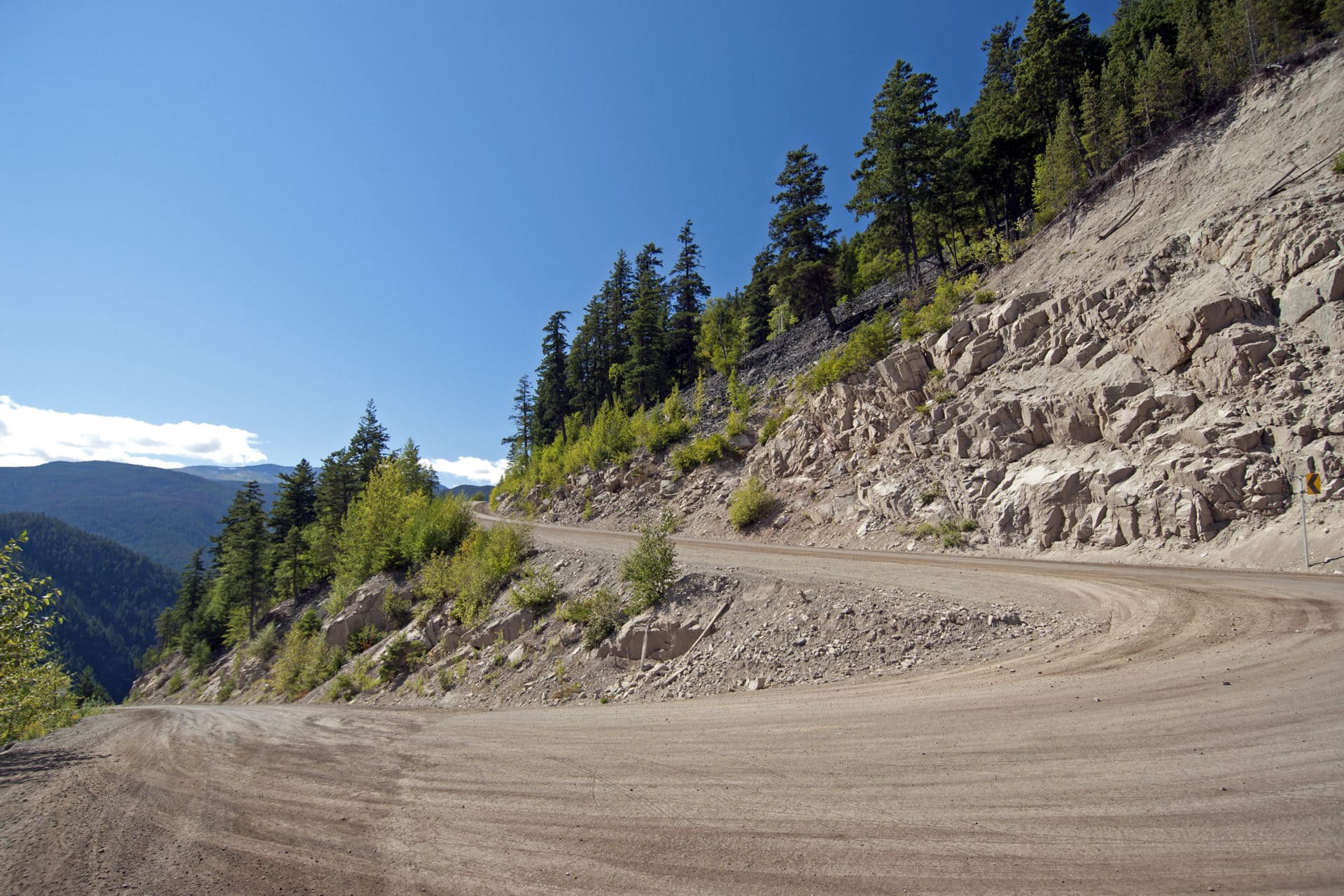Article Highlights:
- Global Rescue’s Critical Missions: Rapid medical evacuations across Kilimanjaro, Manaslu, Nepal, and more.
- Emergency Aid Worldwide: Lifesaving rescues for injured divers, trekkers, motorcyclists, and skiers.
- Altitude and Remote Area Response: Expert care for altitude sickness, decompression illness, and severe injuries.
The fall 2024 Himalayan climbing season accounted for many rescue operations due to illness and injury. High-altitude rescue also took place on Mount Kilimanjaro in Tanzania.
Elsewhere around the world, Global Rescue conducted field rescues and medical evacuations for injured skiers in Switzerland, scuba divers with decompression sickness in Fiji, trekkers in the Dolomites suffering from respiratory issues, and injured motorcyclists in Canada following accidents.
On average, Global Rescue conducts hundreds of life-saving operations each month. These cases demonstrate Global Rescue’s critical role in providing timely assistance to members worldwide.
Decompression Sickness in Fiji
On September 19, Global Rescue Operations received a report from a member who experienced symptoms of decompression sickness after diving near a remote island in Fiji. His symptoms, including chest pain and shortness of breath, required immediate medical intervention. The local doctor recommended hyperbaric oxygen therapy (HBOT), which was unavailable on the island. Global Rescue coordinated a sea-level flight to Suva, followed by ambulance transport to CWM Hospital, where the member received multiple HBOT sessions. After significant improvement, he was advised to wait 3-5 days before flying home.
Motorcycle Accident Triggers Medical Evacuation
On August 1, 2024, a U.S. member contacted Global Rescue following a motorcycle accident in Omak, Washington, resulting in a broken clavicle. After receiving initial treatment, the member chose to return home for surgery. Global Rescue doctors recommended business class air travel to prevent further injury. We made arrangements for ground transportation to Spokane International Airport and a flight to Denver, Colorado. The member’s transport proceeded without complications, and upon arrival in Denver, he confirmed that he was safely picked up by his family, reporting no additional concerns with his injuries.
Airborne Evacuations from Kilimanjaro
Multiple trekkers on Mount Kilimanjaro required emergency evacuations due to severe medical conditions. On September 8, a trekker at Gilman’s Point experienced critical chest pain and dangerously low oxygen levels, prompting a helicopter evacuation to a medical center in Kilimanjaro for treatment. A week later, another individual at Barafu Camp suffered breathing difficulties and other severe symptoms after summiting. They were transported by stretcher to Millennium Camp and then evacuated to a medical center for evaluation. The next day, a climber at Kikilewa Camp reported heat stroke symptoms, including chest pain, dehydration and low oxygen levels, and was also evacuated to a medical center in Kilimanjaro medical center for treatment. All members were successfully evacuated, received medical care and resumed recovery.
Ski Lift Accident in Switzerland
In September 2024, Global Rescue coordinated a medical evacuation for a 14-year-old female who suffered severe spinal injuries from a ski lift malfunction in Lausanne, Switzerland. After spinal surgery and critical care at Lausanne University Hospital, her condition remained critical with paraplegia and no significant improvement. Global Rescue’s medical team recommended her repatriation to Canada via air ambulance to the Children’s Hospital of Eastern Ontario. The mission, conducted on September 15, 2024, included medical staff and ground transport and was completed without complications.
Field Rescue in the Dolomites
On September 17, 2024, a 67-year-old trekker in the Italian Dolomites experienced severe respiratory issues, including difficulty breathing, chest tightness and fatigue. Initially, at Rifugio Monte Muro, she contacted Global Rescue for advice as her symptoms worsened despite medication. We authorized a field rescue and ground transportation to take her to Hotel Corona for medical consultation. After a negative COVID test, she was diagnosed with bronchitis and the flu and prescribed antibiotics. Following her recovery, she declined further follow-ups and expressed gratitude for the assistance provided.
Multiple Rescue Operations on Manaslu
Global Rescue conducted several rescues on Mount Manaslu in Nepal, due to altitude-related illnesses and injuries. The first operation was for a climber suffering from High Altitude Pulmonary Edema (HAPE) at Manaslu Base Camp. The individual, experiencing rapid breathing, chest pain and low oxygen saturation, was transported to a lower altitude at Samagaun for stabilization. However, the climber required additional medical attention, prompting Global Rescue to arrange an air evacuation to a hospital in Kathmandu. Following treatment for HAPE and dehydration, the climber opted to abort the expedition and return home, expressing gratitude for the care and coordination provided by Global Rescue.
Two days later, another evacuation was triggered for a climber at Manaslu Camp 1 who was experiencing severe back spasms and difficulty breathing. The climber was immobilized and unable to move due to the intense pain radiating to the lungs and ribs. Global Rescue authorized a helicopter rescue; however, poor weather conditions delayed the operation. A day later, the climber was successfully airlifted to a hospital in Kathmandu. Following an evaluation, the climber was diagnosed with altitude sickness and back pain. After receiving treatment, including IV medications, the climber’s condition improved, and they later rebooked their return flight to Australia.
A few days after that, a third incident occurred at Manaslu Camp 1. A climber sustained a severe ankle sprain and knee injury, rendering them unable to walk or descend. After a Global Rescue doctor evaluated the situation, we arranged a helicopter evacuation to transport the member to a nearby hospital. The climber was treated for a right ankle sprain and discharged with instructions for further recovery. In a separate incident, a climber at Manaslu Camp 3 suffered from Acute Mountain Sickness (AMS) and High-Altitude Cerebral Edema (HACE), resulting in breathing difficulties and nausea. Global Rescue authorized a helicopter evacuation to a nearby hospital. The climber was treated for AMS and frostbite on the fingers before being discharged.
Motorcycle Accident Medevac from British Columbia
On September 7, 2024, a member sustained a serious ankle injury during a motorcycle accident on the Stewart-Cassiar Highway, British Columbia. He was initially treated at Stewart Health Center for a broken and dislocated left ankle. Due to the remoteness of the location, we explored multiple transportation options to transfer him for further care at the University Hospital of Northern British Columbia. The patient ultimately opted for ground transport provided by Motoquest to Smithers, where Global Rescue arranged the remaining journey to Prince George. Following surgery, the patient was discharged on September 10 and independently arranged his return home.
Helicopter Evacuations in Nepal
A trekker in Khare, Nepal, sustained injuries from a fall, suffering head trauma and mobility issues. Global Rescue was notified and conducted an airborne field rescue of the member to a nearby hospital for treatment and recovery before returning to their home country, New Zealand. Two weeks later, Global Rescue was notified of another member showing symptoms of severe Acute Mountain Sickness (AMS) during a trek in Dolpa, Nepal. The member was vomiting with nausea, general weakness and low oxygen levels. She required helicopter evacuation to a nearby hospital in Kathmandu. After treatment, she declined further medical tests and was discharged.

